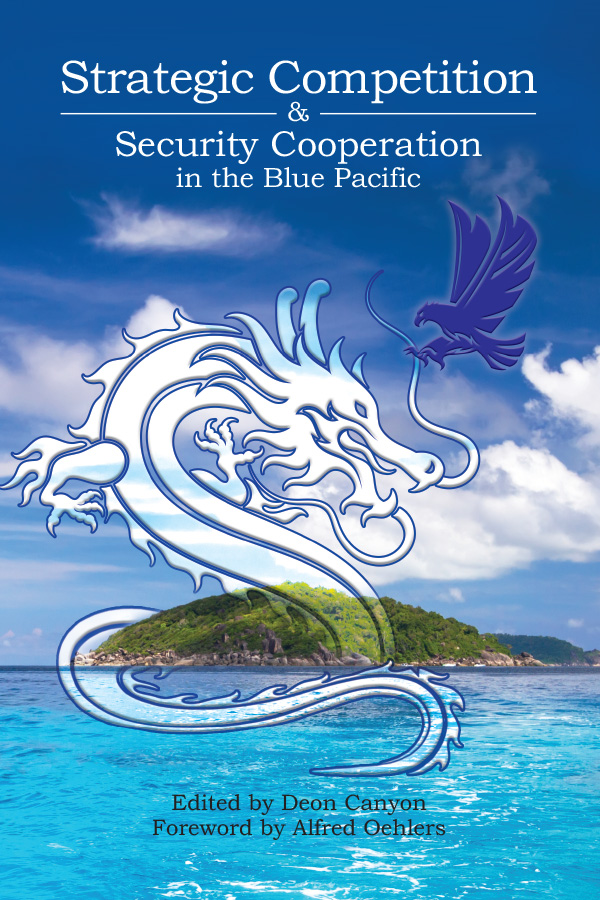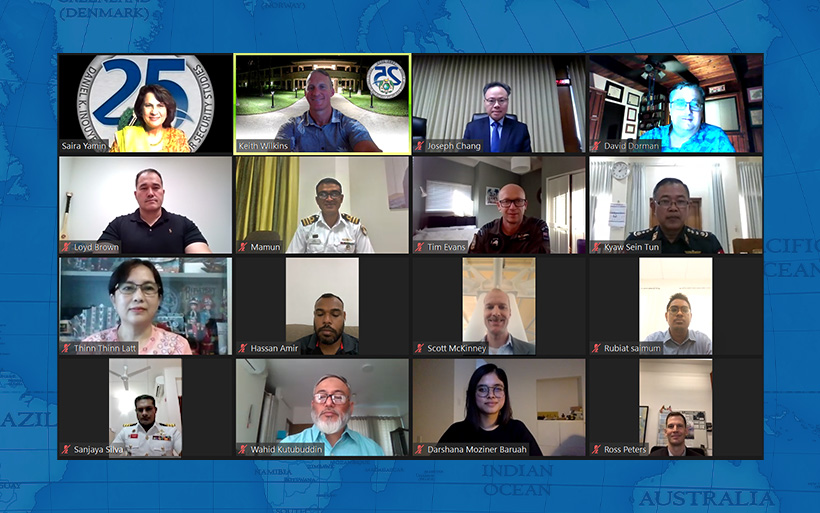Strategic Competition & Security Cooperation in the Blue Pacific
Table of Contents PDF Download DKI APCSS Publications Summary: The book explores the dynamic geopolitical pressures in the region and addresses how these pressures impact security architecture, relationships, and policy. Multidimensional security challenges, such as COVID-19, climate change, water and food, piracy, and maritime challenge, are deliberated upon and given policy recommendations. It’s 17 contributors represent high-ranking individuals and experts who have geared the content for policymakers, security practitioners, and researchers. This book represents the third DKI APCSS publication on Oceania security. Previous publications on the topic include “Regionalism, Security & Cooperation in Oceania” and “Security [...]













